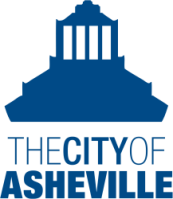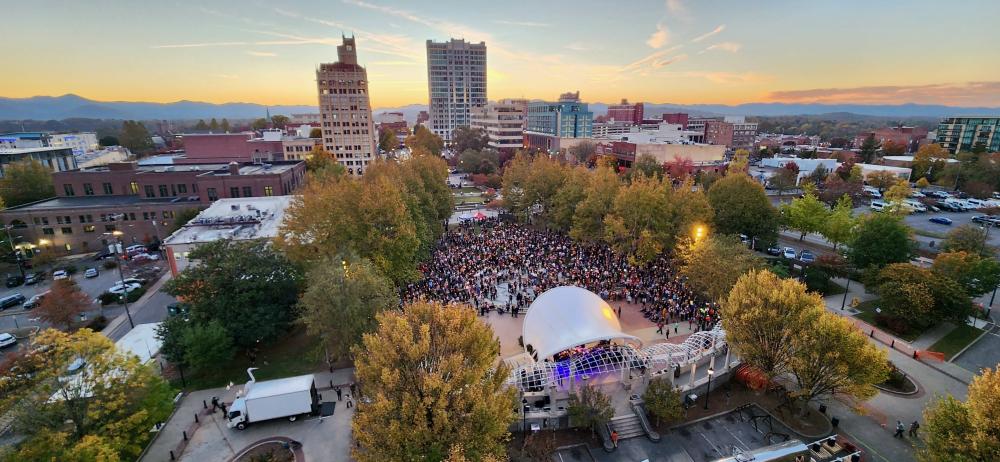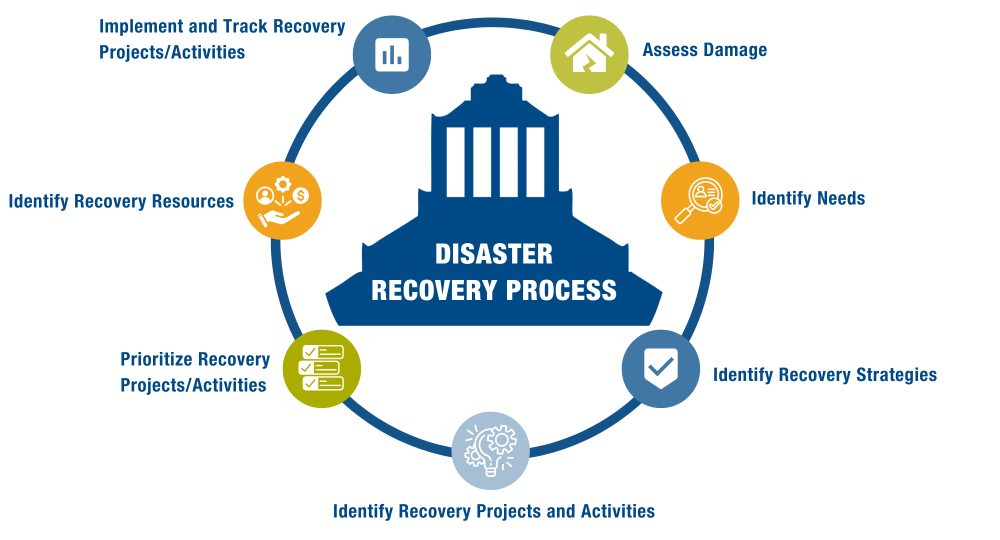Asheville Recovers Engagement Hub
Asheville Recovers Engagement Hub
The City of Asheville is committed to a community-driven recovery process in the aftermath of Hurricane Helene. This page documents our recovery engagement efforts, shares community voices, and provides opportunities to shape our city’s future together. For up-to-date information about the recovery and other ways you can get involved, visit the main page at AshevilleRecovers.org. If you have questions about the recovery process, email AshevilleRecovers@PublicInput.com or use the question box on this page. You can also sign up for a weekly email to receive the latest updates directly. Together, we’re working toward rebuilding a stronger, more resilient Asheville.
In the wake of Hurricane Helene, we've seen our community come together like never before to rebuild and recover from this unprecedented event. From day one, the City has been working tirelessly to restore essential services, clear debris, and lay the foundation for long-term recovery. Guided by community input as well as collaboration with local, state, and federal partners, the City continues to move forward with a recovery effort focused on resilience, equity, and sustainability.
Recovery Priorities
Based on community input and City Council discussions, the City has identified four priority areas for long-term recovery:
People – Housing stability, emergency relief, and support services.
Housing – Affordable housing solutions and rebuilding efforts.
Infrastructure & Environment – Strengthening critical infrastructure, improving storm resilience, and protecting Asheville’s natural resources.
Economy – Supporting local businesses, workforce recovery, and food security.

Recovery Timeline
The following timeline outlines the key phases, milestones, and anticipated actions guiding our community’s journey toward rebuilding and long-term resilience. While immediate response efforts focused on ensuring safety and restoring essential services, the recovery process will take months and years as we repair infrastructure, support displaced families, and strengthen our systems against future disasters. This timeline serves as a roadmap, offering transparency and helping residents, businesses, and partners understand what to expect as well as how far we've come.
Frequently Asked Questions
AshevilleRecovers.org: The central hub for storm recovery updates, resources, and ways to get involved.
One Buncombe Recovery Hotline – Call 828-250-6100 for local disaster recovery support and resource navigation.
FEMA Disaster Assistance – Apply for federal aid, track applications, and find disaster recovery resources.
AshevilleRecovers.org is the City’s primary site for real-time updates, event information, and resources related to recovery. This engagement site focuses on community participation, providing access to past public input efforts, opportunities for ongoing engagement, and documentation of the City’s overall recovery strategy.
To report concerns related to debris removal, infrastructure repairs, or other storm-related issues, contact the One Buncombe Hotline at 828-250-6100 or visit the Report an Issue section on AshevilleRecovers.org.
The City is using a combination of local, state, and federal funding, including FEMA Public Assistance, Community Development Block Grant - Disaster Recovery (CDBG-DR) funds, and other grant programs.
For general recovery-related questions, contact AshevilleRecovers@publicinput.com. For specific program inquiries, visit AshevilleRecovers.org for department contacts.


